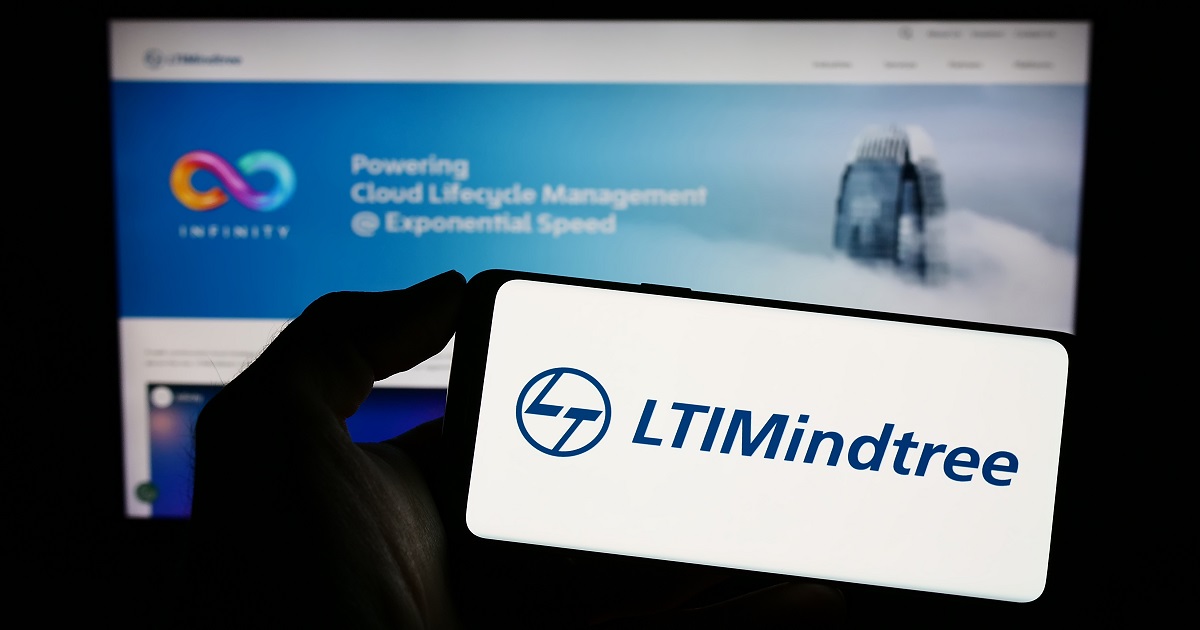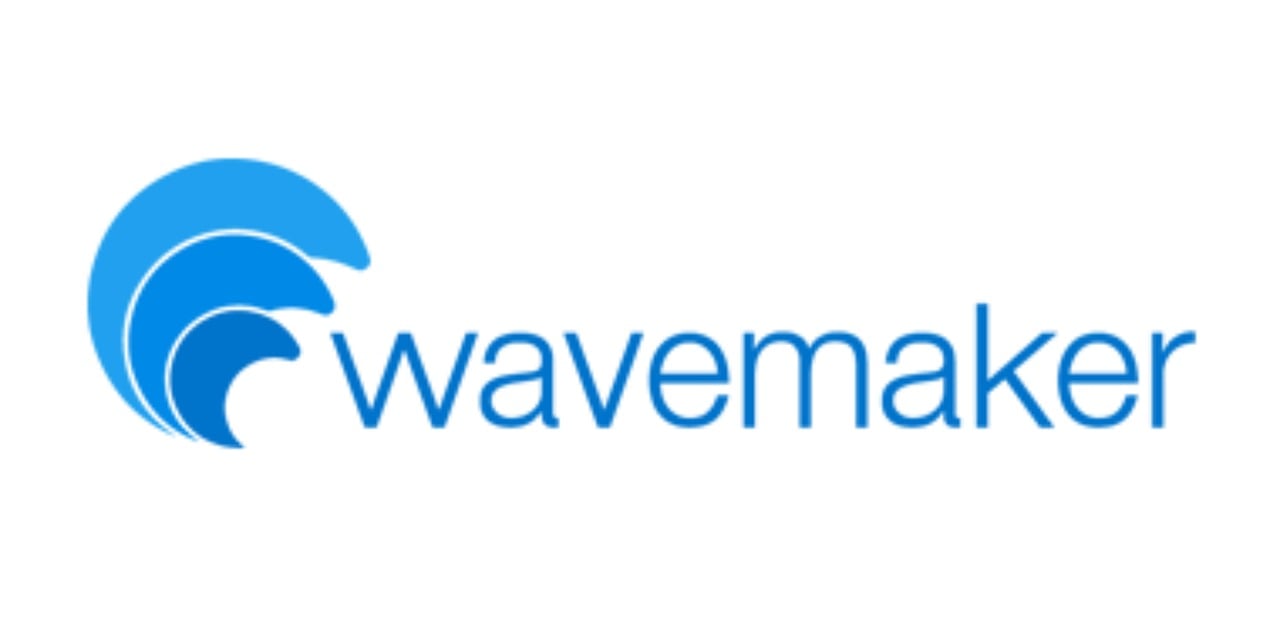TOP STORIES
BreachRx Secures $6.5M Seed Funding
BreachRx closed a $6.5 million seed round, led by SYN Ventures, with additional support from Overline.
Read MoreCisco Hypershield: Revolutionizing Data Center and Cloud Security in the AI Era
Hypershield is designed to protect applications, devices, and data across diverse environments.
Read MoreAssessing IoT Innovator LTIMindtree: Its 2023-24 Successes to Date and a Peek at What's Next
IoT Evolution World has presented a brief rundown of LTIMindtree's successes during FY24, as well as a peek at …
Read MoreFive9 and Zendesk Deepen Partnership for Customer Care Automation and Personalization
Intelligent customer experience (CX) solutions provider Five9 recently announced enhancements to its integration with Zendesk Talk Partner Edition (TPE) that …
Read MoreThe CX Hot Six for Telecoms Learning Center
 The CX Hot Six for Telecoms
The CX Hot Six for Telecoms
A guide to customer experience technology that delivers on business KPIs
LATEST FROM COMMUNITIES
How to Create a Smart Outdoor Living Space
Putting practicality at the heart of your outdoor area transforms it into a year-round haven, perfect for solitude or gatheri…
Read MoreUnleashing Creativity in Kids Through Coding
Technology has become an intrinsic part of our world today and with it, digital literacy is becoming of greater importance am…
Read MoreVirtual Reality Training for Soccer Players
VR technologies have emerged as a transformative force in most sectors, including soccer. Virtual reality has changed player …
Read MoreProtect Yourself: Essential Tips for Internet Security
You're browsing online, minding your business, when BAM - your computer freezes up. Next thing you know, a scary message pops…
Read MoreWhy Everyone's Talking About This Windows Activator Trick
Have you ever gone online to join a controversial conversation about Windows activators only to question why people are so wo…
Read MoreWhy Is Your Low-Code (Development) Platform So Expensive?
The enterprise software market is expected to reach nearly $300 billion in 2024 and continues to rapidly accelerate, with tec…
Read MoreCan Workflow Automation Software Transform Your Business? Let's Find Out!
Managing a business effectively requires many different disciplines. There are many ways to manage things, from marketing to …
Read MoreCan Cutting-Edge Business Tech Revolutionize Your Investment Strategy?
Staying ahead in the world of investments requires harnessing the power of technology. Today's investors face a complex marke…
Read MoreWhere does tax money go in the Netherlands?
Taxation is the lifeblood of any functioning government, providing the funds necessary to finance public services, infrastruc…
Read MoreTop 5 Advantages of Monochrome LCD Screens: Unveiling the Everlasting Appeal of Black and White
As users of the modern age, we get to witness cool new gadgets every day. And it's pretty amazing to see how manufacturers ar…
Read More



















